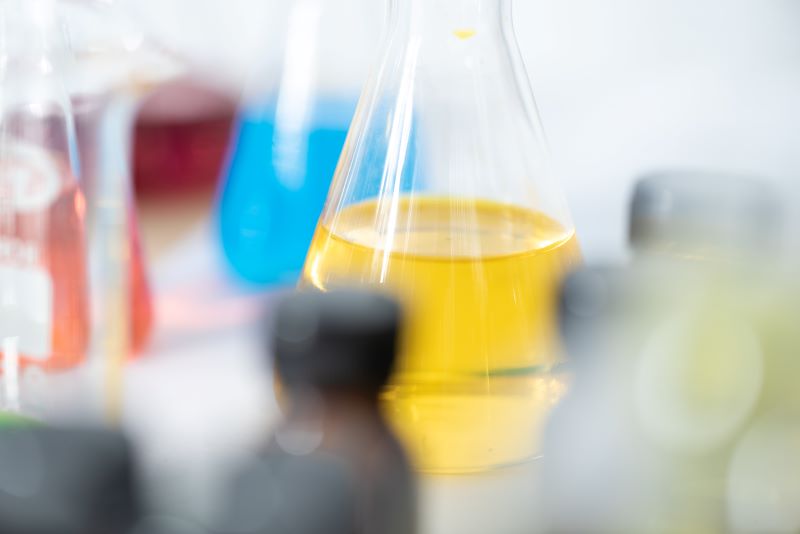Click here to get this post in PDF
Humans’ impact on the Earth’s natural resources is far greater than its ability to regenerate them. The current level of resource consumption is far in excess of most of the safe and just Earth system boundaries. This means that Earth is at risk of passing the point of no return.
The chemical industry in the UK adds around £30 billion to the economy. It plays an essential role in daily life and provides essential materials for most manufactured goods worldwide. Unfortunately, it is also the largest industrial energy consumer and the third biggest emitter of direct carbon dioxide emissions. This means that it is crucial for those engaged in the chemical sector to ensure that they are contributing to a net-zero and nature-positive future while operating within the safe boundaries of the Earth.
In what ways can chemical supply and research impact the Earth?
There are several different ways in which the Earth can be impacted by chemical supply and research.
Air pollution
Chemical manufacturing can contribute to air pollution. This occurs as a result of the release of a range of pollutants into the atmosphere. These may include volatile organic compounds (VOCs), which contribute to smog and ground-level ozone. They also contribute to particulate matter such as sulphur dioxide and nitrogen oxide, both of which can contribute to cardiovascular and respiratory issues.
Greenhouse gas emissions
Chemical manufacturing is also a major contributor to greenhouse gas emissions, which in turn contribute to climate change. The manufacturing of chemicals produces greenhouse gases directly as a result of using fossil fuels for energy and indirectly as a result of the carbon dioxide that is released during chemical production.
Water pollution
In addition, chemical manufacturing contributes to water pollution through pollutants released into the waterways. This type of pollutant can include heavy metals, which are dangerous to aquatic ecosystems and human health.
Soil contamination
Chemical manufacturing can also cause soil contamination, as chemicals and other types of pollutants leach into the soil. This is harmful to the quality of the soil and can reduce its productivity levels. In turn, it can have a negative impact on agriculture and any other uses where the land is needed.
Depletes natural resources
Chemical manufacturing can also contribute to the depletion of the world’s natural resources by using non-renewable materials. This includes minerals and fossil fuels, which are used in the production of chemicals. This negatively impacts the quality and availability of these resources for future generations.
How can impact be reduced?
There are, however, strategies that can be used to address the impact that chemical manufacturing has on the environment. These include:
- The adoption of production methods that are cleaner for the environment
- The development and use of safer chemicals
- Implementing programs for pollution prevention and waste minimisation
- Using renewable energy sources such as solar and wind power
- Adopting a range of more sustainable resource management practices
While the impact of chemical supply and research on the Earth can be significant, several different strategies can be adopted. Companies can ensure that the impact is reduced as much as possible to help protect the Earth.
Also read:
What Are Organic Building Blocks In Chemical Supply – The Basics
Image source: elements.envato.com

